
Ginseng is a perennial plant with a fleshy root that sometimes resembles a man. Its botanical name is Panax ginseng or Panax quinquefolius. Ginseng tea is made from the root and it is believed to have many medicinal properties. Ginseng originates from Manchuria and it has been used for 5000 years.
Health benefits of ginseng tea
Ginseng tea has become the very popular and widely used. Some use it for its energizing properties and others for its health benefits. Traditionally, ginseng tea has been used to improve memory and concentration, sexual function, for boosting the immune system, resistance and circulation.
Several studies have been performed to explore the ginseng’s cancer-fighting and preventing properties. One particular study with 4,600 participants over 40 years of age has shown that 70 percent of them has lower chance of cancer than those who did not take ginseng during the study.
Other study focused on benefits of ginseng for diabetics and it found that ginseng lowered blood sugar levels in both people diabetics and healthy people.
Because it contains compounds called ginsenosides, ginseng tea can improve sexual dysfunction, act as an aphrodisiac and otherwise act similarly to Viagra.
Ginseng tea can be used as an energy booster, to reduce stress levels and effects of stress to the body, to improve circulation, memory and concentration. It also helps with nervousness, anxiety and depression.
This tea is also recommended for people who are trying to lose weight, because it acts as an appetite suppressant. it is also believed to suppress “sweet tooth” tantrums. Ginseng also provides relief for indigestion and various digestive ailments.
Women during menopause can benefit from drinking ginseng tea because it regulates estrogen levels.
Ginseng tea is recommended for people who have arthritis, Crohn’s disease, celiac ulcers, high blood pressure, circulatory problems, for headaches and even for hair loss.
Side effects of ginseng
According to some sources, one of the side effects of ginger tea is insomnia. However, this has not been definitely confirmed. Other side effects may include nausea, diarrhea, headaches and mania in patients who take antidepressants.
Ginseng is generally safe for use even in higher doses, but overdose is still possible if it is taken in excess quantities. The most common sign of ginseng overdose is bleeding, and other symptoms may include headache, dry mouth, agitation, tremor, dizziness, fatigue, edema, and in serious cases of overdose, seizures, delirium and convulsions. However, a definitive scientific elaboration on ginseng side effects and overdose is yet to be made.


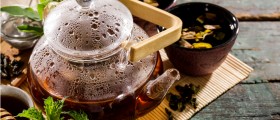


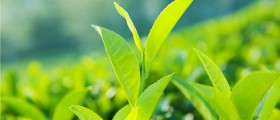


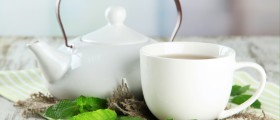




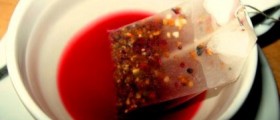


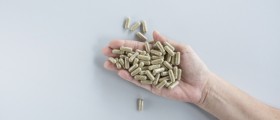
Your thoughts on this
Loading...